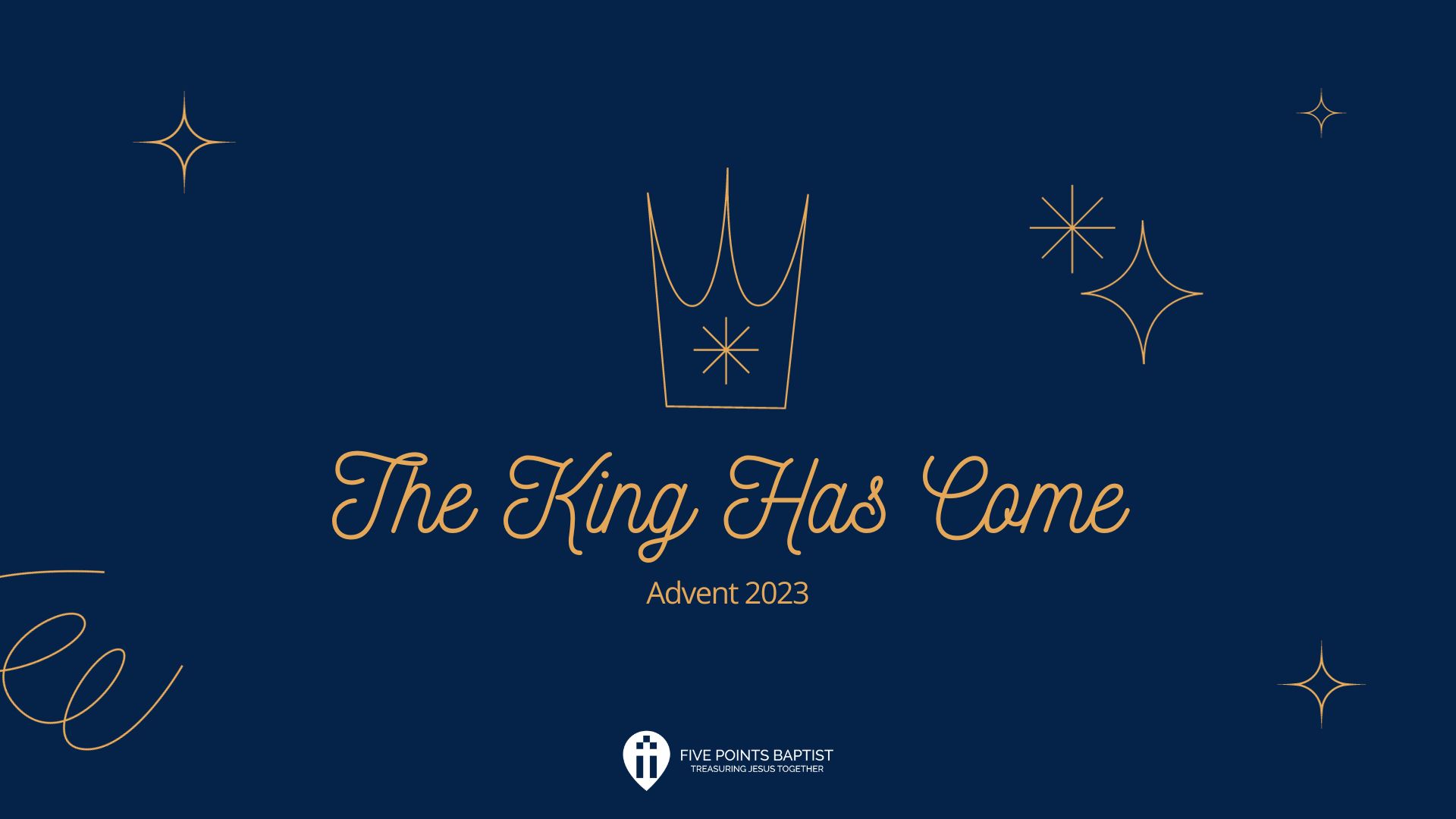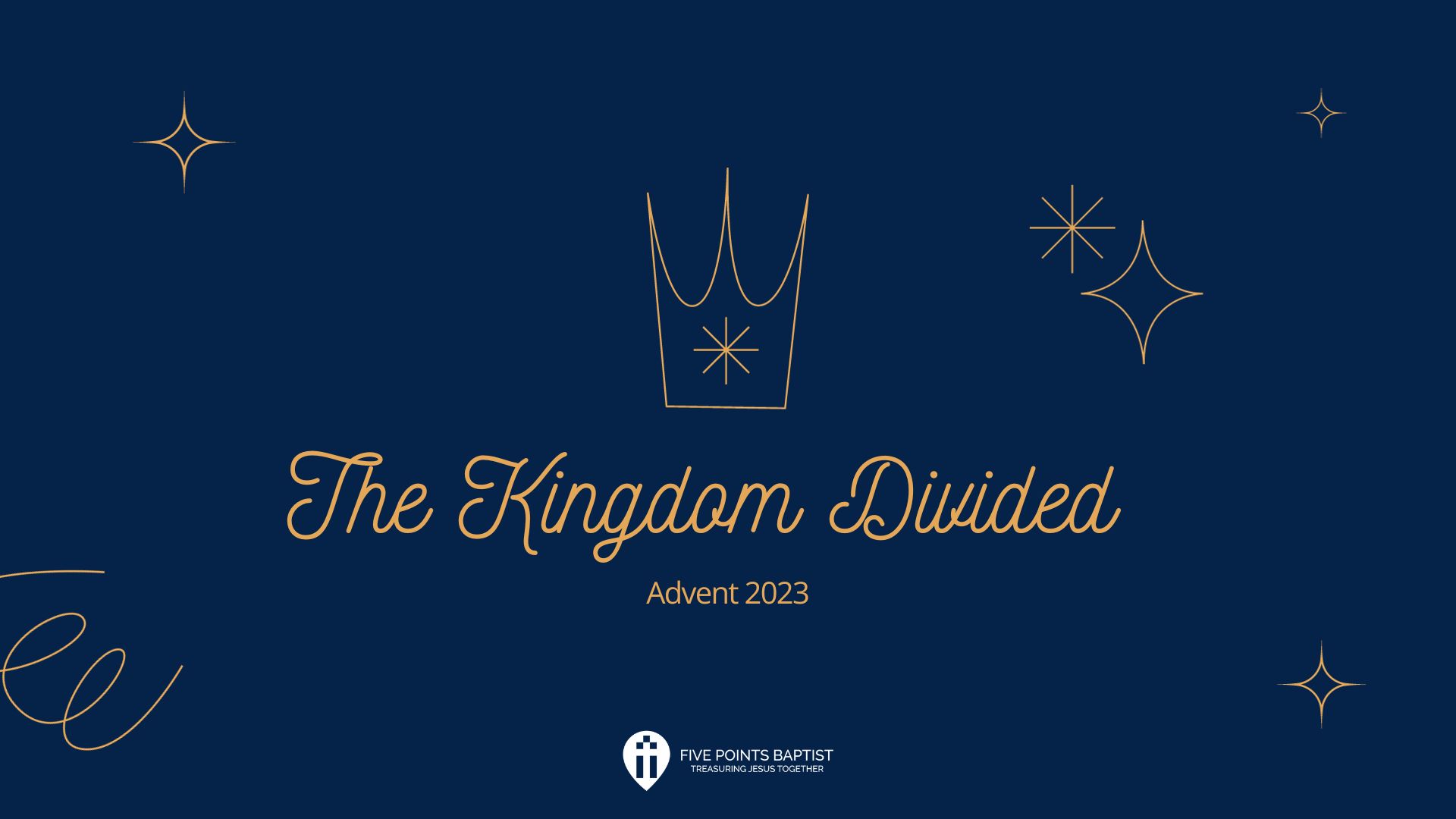
“and Hezekiah the father of Manasseh,” – Matthew 1:10a
As we continue through the conveyor belt of kings in Jesus’ genealogy, we come across Hezekiah’s son, Manasseh. We read about him in 2 Kings 21:1-18. He was twelve years old when he began to reign, and he did what was evil in the sight of the Lord. He rebuilt the idolatrous places of worship that his father Hezekiah had torn down. He even built alters for other gods in the house of the Lord, and strayed so far that he sacrificed his own son on one of these alters in worship of another god.
The worst indictment against Manasseh is that he led the entire nation of Judah to commit these evil practices. Not only did he have great sin, but he led others into sin, invoking Judah to live worse than the surrounding nations who did not have YHWH as their Lord. Because of his actions, God determined to forsake Judah and give them over to the hands of their enemies.
When we read about Manasseh in 2 Chronicles 33:10-17, we get a more hopeful glimpse into the life of this evil king. Manasseh fell into the hands of the king of Assyria and cried out to the Lord in his distress, humbling himself before the God of his fathers. After this, Manasseh did make small steps toward repentance and reform in Judah, but he was unable to undo all the consequences of the sin he led Judah to commit.
Just like Manasseh, we too find ourselves overcome by the weight of our sin apart from Christ. Even our worldly grief is not enough to undo the consequences of our sin – we need a greater Savior. This reminds me of the words from Augustus Toplady’s classic hymn, “Rock of Ages.” Verses 2 and 3 state – “Not the labors of my hands can fulfill thy law’s demands; could my zeal no respite know, could my tears forever flow. All for sin could not atone; Thou must save, and Thou alone. Nothing in my hand I bring, simply to the cross I cling; Naked, come to Thee for dress; Helpless look to Thee for grace. Foul, I to the fountain fly. Wash me, Savior, or I die.”
Our tears could forever flow in sorrow over sin, but without truly clinging to Christ, we are lost. As we see the sinfulness of Manasseh and his attempts at making amends for his actions, let us be reminded of our own sinfulness and our great need to turn to a Mighty Savior, King Jesus – the Only Spotless One.
- Why is it important that we see these two perspectives of Manasseh – one in 2 Kings and one in 2 Chronicles?
- What is the difference between worldly grief and godly repentance? What should ongoing repentance look like in the Christian life?

Write a Comment
Comments for this post have been disabled.